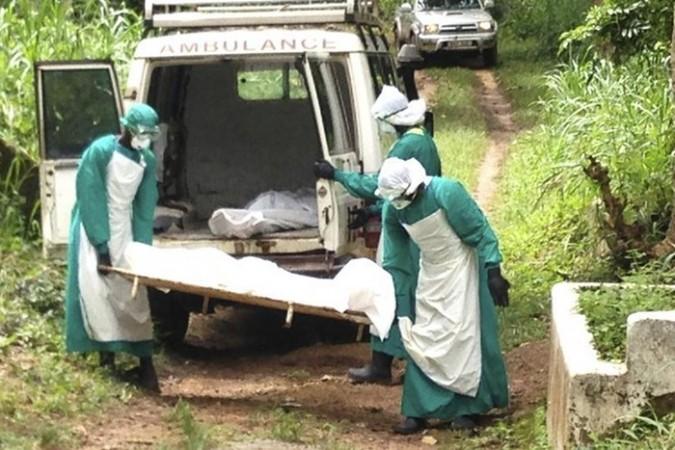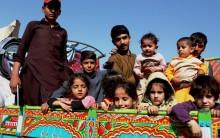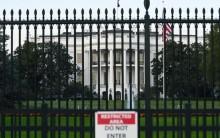
The healthcare workers in the Ebola virus-affected West African countries are being chased away by locals filled with mistrust and superstitions as government officials fear more people could be inflicted with the deadly contagion than previously estimated.
Throughout the three countries, the locals have turned against the health workers, and have started to believe that a visit to the hospital would invariably mean "death sentence". The villagers in these countries are believed to be hiding away in forests so that the health officials cannot access them.
In southeast Guinea, a number of villages have tried to shut themselves out from the outside world (and subsequently the health workers and government officials) by inserting road-blocks and breaking bridges.
In the eastern regions of Sierra Leone, the local police force had to ward off a number of angry locals with tear gas. These locals are reportedly the relatives of those who had died due to the deadly contagion. These angry relatives were trying to recover the bodies of their recently deceased loved ones for family burial. They seem to suspect that the authorities have been using the dead bodies of their relatives for illegal experiments and ghoulish rituals.
Giving the infected dead bodies back to the relatives could help the virus spread easier, believe the doctors as according to local rituals, the deceased must be washed by their relatives before burial.
"For us not to have to give our beloved dead relatives away to people who will wrap them in plastic bags and dump them in a grave without us washing and honouring them is hard to stomach," said a traditional leader from Sierra Leone, who wished to remain unnamed.
Meanwhile, in Lofa County, Liberia, the locals chased off medical workers, who were screening two communities for Ebola virus. These locals were threatening the medical workers with weapons like knives, cutlasses and even stones, according to an internal United Nations (UN) report, revealed to Reuters.
"If we are to break the chain of Ebola transmission, it is crucial to combat the fear surrounding it and earn the trust of the communities," said Manuel Fontaine, Regional Director for West and Central Africa at the United Nations Children's Fund (UNICEF). "We have to knock on every door, visit every market and spread the word in every church and every mosque."
The UNICEF, in an official statement, said they had an urgent requirement of "more people, more funds, more partners" in their efforts to fight this deadly contagion.
"What we are now seeing are villages closing themselves off, not allowing us to enter, sick people hidden in the community. They don't come and seek healthcare anymore," said Marc Poncin, Emergency Coordinator for Medical Charity at the Medecins Sans Frontieres (MSF).
MSF, a medical organization in Guinea, revealed that they were monitoring only one suspected case of Ebola virus at their centre in Gueckedou (650 kilometres from Conakry), while a couple of weeks back they were monitoring about 25 suspected cases.
Poncin believes, however, that the figures are not so because the disease is fading away. He believes that many of the suspected cases were avoiding the teams of medical workers by hiding in the forests.
On the contrary, in northern Guinea, people have been less suspicious of the authorities. The MSF officials revealed that the recovery rate in north Guinea stood at 75 percent. The situation in the rest of Guinea, as well as Sierra Leone and Liberia, remains the same.
"People say that after they check you they will take you to the hospital and you will not come out again," an anonymous fish trader from Kenema, Sierra Leone, told Reuters. "So this is why so many people are afraid, why they will not come here."















